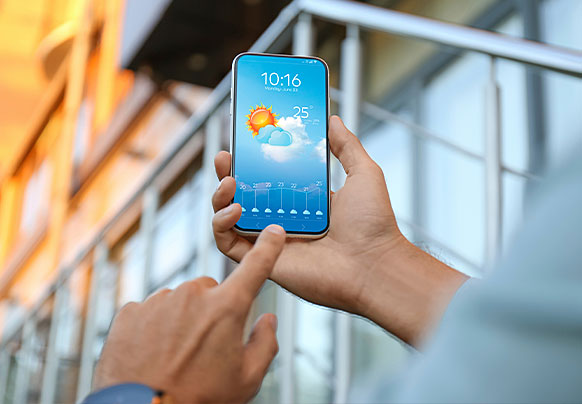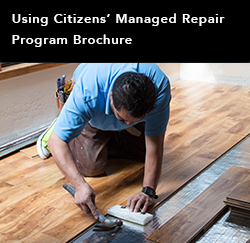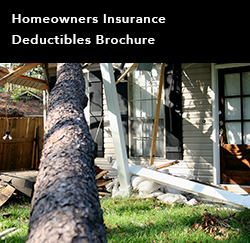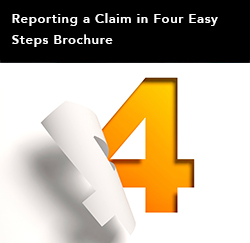
Community Preparedness: How You Can Help
Getting ready for hurricane season is important for your family, loved ones – and also for your neighbors. Early awareness and community engagement are essential to protecting lives and property. By staying informed and working together, we can strengthen our readiness and resilience.
Below are some tips, resources, and ways to get involved with your local community to support safety and disaster recovery.
Why Local Weather Awareness Matters
While official forecasts from the National Hurricane Center are vital, local observations often provide the first signs of changing conditions. Paying attention to our surroundings and reporting what we see helps emergency responders act more quickly and effectively.
During Hurricane Ian in 2022, residents in several Florida neighborhoods reported rising water levels and blocked roads before emergency crews arrived. These early alerts helped responders prioritize rescues and reroute traffic, demonstrating the value of community input in fast-moving situations. Although media attention is often centered on storm category and wind speed, rainfall and flooding can be just as dangerous.
“Take time to understand if you are in a location that is prone to flooding, and if possible, identify and address drainage issues on your property,” said Megan Borowski, Senior Meteorologist for the Florida Public Radio Emergency Network. Borowski warns that even if you are outside of the “cone,” storms nearing the Atlantic or Gulf coasts can cause storm surge flooding and tornado outbreaks hundreds of miles away from the center of the storm.
Reporting changing weather conditions to your local National Weather Service (NWS) station also helps forecasters gather data and provide timely alerts. Information is collected from trained volunteer observers in the SKYWARN or Cooperative Observer programs as well as hobbyist watchers within a community. However, hurricane season forecasts are designed to predict how many storms we can expect but not when or where they may appear.
“During storm season, a watchful eye and a helping hand can go a long way,” said Karl Justavino, Citizens’ Senior Director of Consumer and Policy Services. “It is important to stay informed by monitoring official forecasts and following trusted sources to help protect what matters most. We can support our communities by looking out for our neighbors, sharing information to keep our communities stronger and safer.”
Simple Weather-Watching Tips
We can all play a role in monitoring the weather. Here are a few easy ways to stay alert:
- Watch for early signs: Darkening skies, sudden wind shifts, and unusual cloud patterns may signal a storm.
- Use reliable tools: Apps like Florida Storms (part of the Florida Public Radio Emergency Network), MyRadar, the Federal Emergency Management Agency (FEMA) app and Clime: National Oceanic and Atmospheric Administration (NOAA) Weather Radar Live offer real-time alerts and notifications.
- Keep a record: Logging weather changes or taking photos can help track patterns and support local reporting.
- Know when to report: Significant changes should be reported to local emergency management or your local National Weather Service (NWS) station.
Even a quick call about a flooded street or fallen tree can help others avoid danger and assist emergency crews in responding more efficiently.
Trusted Resources to Stay Informed
Accurate information is critical during hurricane season. Bookmark or save these resources:
- National Hurricane Center
- Florida Division of Emergency Management
- NOAA Weather Radio: Essential for updates, especially during power outages
- Broadcast Emergency Alerts and Communications Operations Network (BEACON): a secure network for state and local emergency management offices to delivery safety alerts and information
- Mobile apps: My Hurricane Tracker Alerts, AccuWeather, or the Red Cross Emergency app for alerts and preparedness tips
Supporting Our Communities
Preparedness is a year-round shared responsibility. Here are ways you can support those in your community:
- Join local groups: Community Emergency Response Teams (CERT) and weather-watcher networks offer training and updates.
- Share responsibly: Use social media to spread verified information.
- Check on neighbors: This is especially important for those who are elderly, disabled, or without transportation.
- Volunteer: Help assemble and distribute storm kits, sandbags, first aid kits, or other emergency materials in your area.
As we enter another hurricane season, let’s commit to staying alert, informed, and connected. By working together and watching out for one another, we can help ensure a safer and more resilient Florida.








